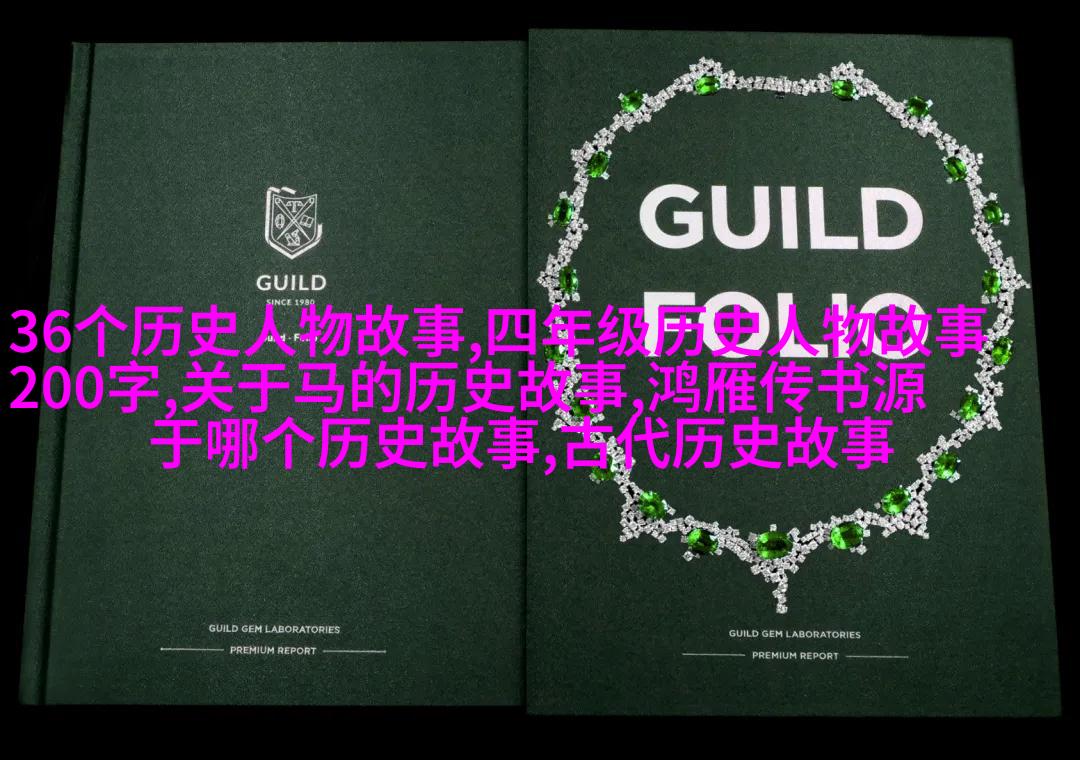
中国古代朝代演变史一个庞大的历史脉络
一、中国古代朝代演变的背景与意义

在探讨中国古代朝代演变史之前,我们首先要了解这一时期对于中华民族乃至世界历史的重要性。从远古时代到近现代,中国历经数千年的沧桑巨变,每一个朝代都留下了深刻的印记,影响着后世的文化、政治和社会结构。
二、春秋战国时期:分裂与国家形成

春秋战国时期是中国封建制早期的一段关键阶段。在这段时间里,诸侯国之间频繁交争,大量城郭被修筑,而商鞅等杰出的政治家和思想家也开始出现,他们提出了“法治”、“法律”的概念,为后来的秦始皇统一六国奠定了基础。这一时期不仅见证了国家之间激烈竞争,也孕育了儒家、道家的哲学思想,对后世产生深远影响。
三、秦汉两朝:中央集权与儒教兴盛

秦始皇统一六国之后建立起中原王朝,并实行严格的中央集权制度,这为整个帝国主义体系打下坚实基础。随着时间推移,汉武帝对外扩张和开辟丝绸之路,使得汉朝成为东亚乃至世界的一个强大帝国。此期间儒学得到极大发展,与官方合而为一,从而形成了一套以礼仪为核心的社会秩序。
四、三国两晋南北 朝:分裂与重组

随着西晋灭亡后的混乱局面,一系列小型割据政权相继建立,最终形成了著名的“三国”——魏蜀吴。在此过程中,不仅出现了一系列著名的人物,如曹操、三国鼎立中的刘备孙权,以及吕布马超等,但同时也伴随着无尽战争和民众苦难。这段历史最终导致北方被鲜卑所取代,其余地区则进入南北朝时期,以江南作为政治中心。
五、隋唐盛世:经济繁荣与文化高峰

隋炀帝统一度称霸天下的梦想虽然未能实现,但其在位期间仍然促进了交通运输系统的大规模建设,如开凿长城沟通河流。唐太宗李世民继承并发扬隋末遗基,将君主专制加上宰相制度,使得唐朝成为华夏文明史上的又一次辉煌篇章。在这一时期,无论是在经济还是文化方面,都达到了前所未有的水平,比如诗歌文学取得巨大成就,有许多著名诗人如杜甫李白出现在这个时代。
六、中晚唐及五代十国:衰落与新生的交错
随着军事冲突不断加剧以及内部矛盾日益尖锐,唐室渐渐衰弱,最终由五个家族分别控制各自的小王国内部的事务。这些家族包括梁、陈、高祖李氏(即後来的唐)、朱温及其子朱全忠(即後来的宋)以及赵匡胤及其子赵光义(即後来的宋)。尽管此间存在内忧外患,但是人们依然孜孜不倦地追求知识艺术,以诗书画乐为代表的手工艺品尤其受到喜爱,这些都是未来传统文化不可或缺的一部分。
七宋元明清四大家族:稳固与逐步开放
宋 dynasty marked a significant turning point in Chinese history, as it was the first time that China had been ruled by a single family for over 200 years. The Song Dynasty saw great advancements in technology and trade, with the invention of gunpowder, the compass, and paper money. However, it also faced internal conflicts and external threats from neighboring states.
The Yuan Dynasty saw the Mongols conquer China and establish their own rule. This period was marked by cultural exchange between East Asia and Europe through the Silk Road. The Ming Dynasty saw a return to traditional Confucian values and a strong emphasis on agriculture.
The Qing Dynasty lasted until 1912 AD when it was overthrown by revolutionaries led by Sun Yat-sen. This dynasty saw China expand its borders to include Mongolia, Tibet, Xinjiang, Manchuria (now northeast China), Taiwan (then known as Formosa), parts of Siberia (known as Outer Manchuria), Korea (known as Joseon) under Korean kings who paid tribute to Beijing but were de facto independent kingdoms under Chinese influence.
八、新成立共和国及近现代历史简介:
After the fall of the Qing dynasty came nearly a century of foreign invasion during which Western powers carved up much of China's territory into spheres of influence or outright colonies such as Hong Kong & Macau which remained under British & Portuguese control respectively till early 20th century.
Following this came an era dominated by nationalist movements seeking independence from foreign intervention & strengthening national identity.
In recent decades there has been economic growth driven largely due to industrialization & market reforms while political systems have become increasingly democratic with both mainland china becoming one-party state while taiwan electing leaders through democratic means.
九结语:
China's historical journey is long indeed; it has witnessed rise & fall numerous times throughout her history yet each phase leaves behind indelible marks shaping our culture politics society today.
From ancient dynasties like Qin Han Tang down to modern-day republics every stage carries unique significance towards understanding how we got here now.



